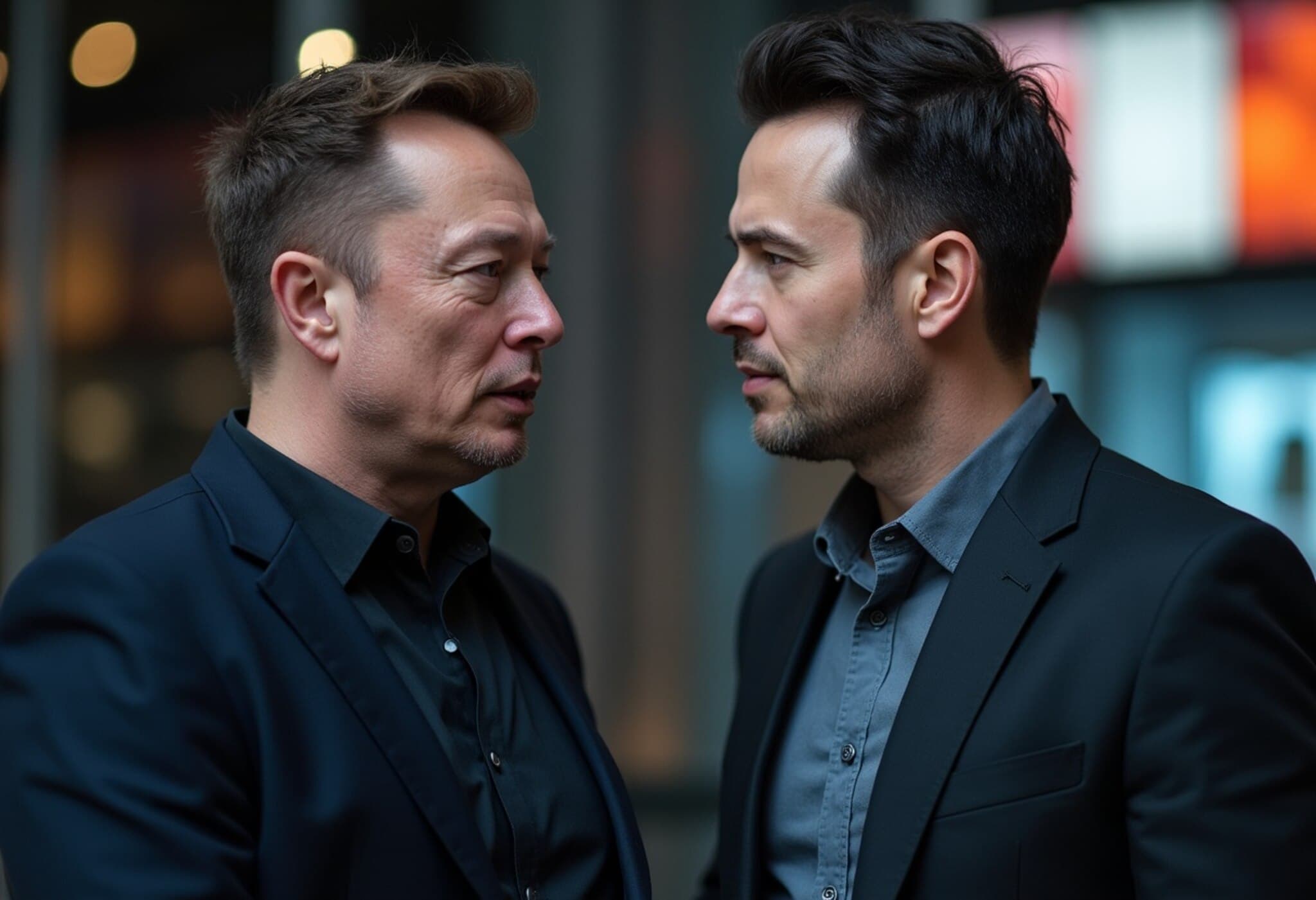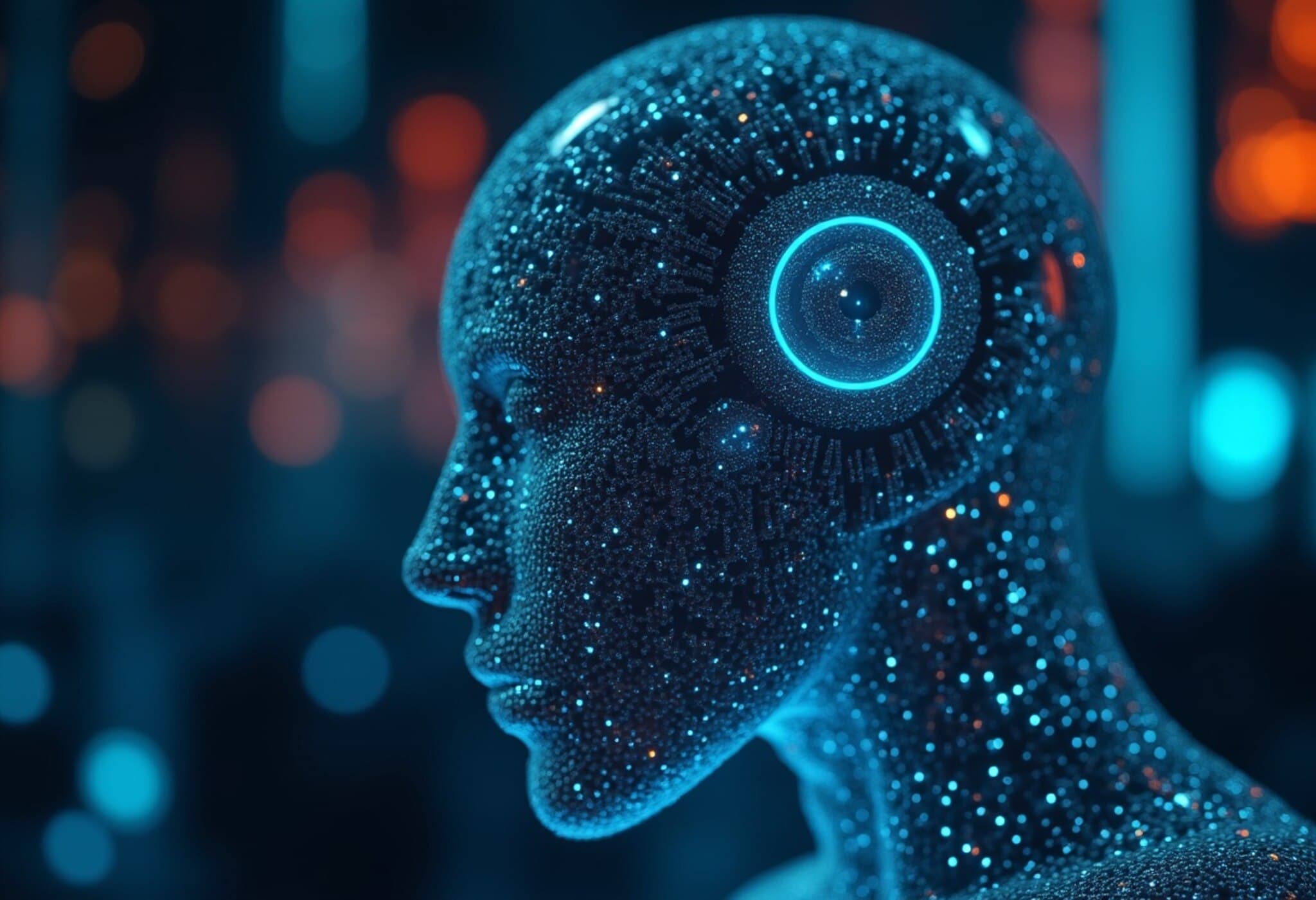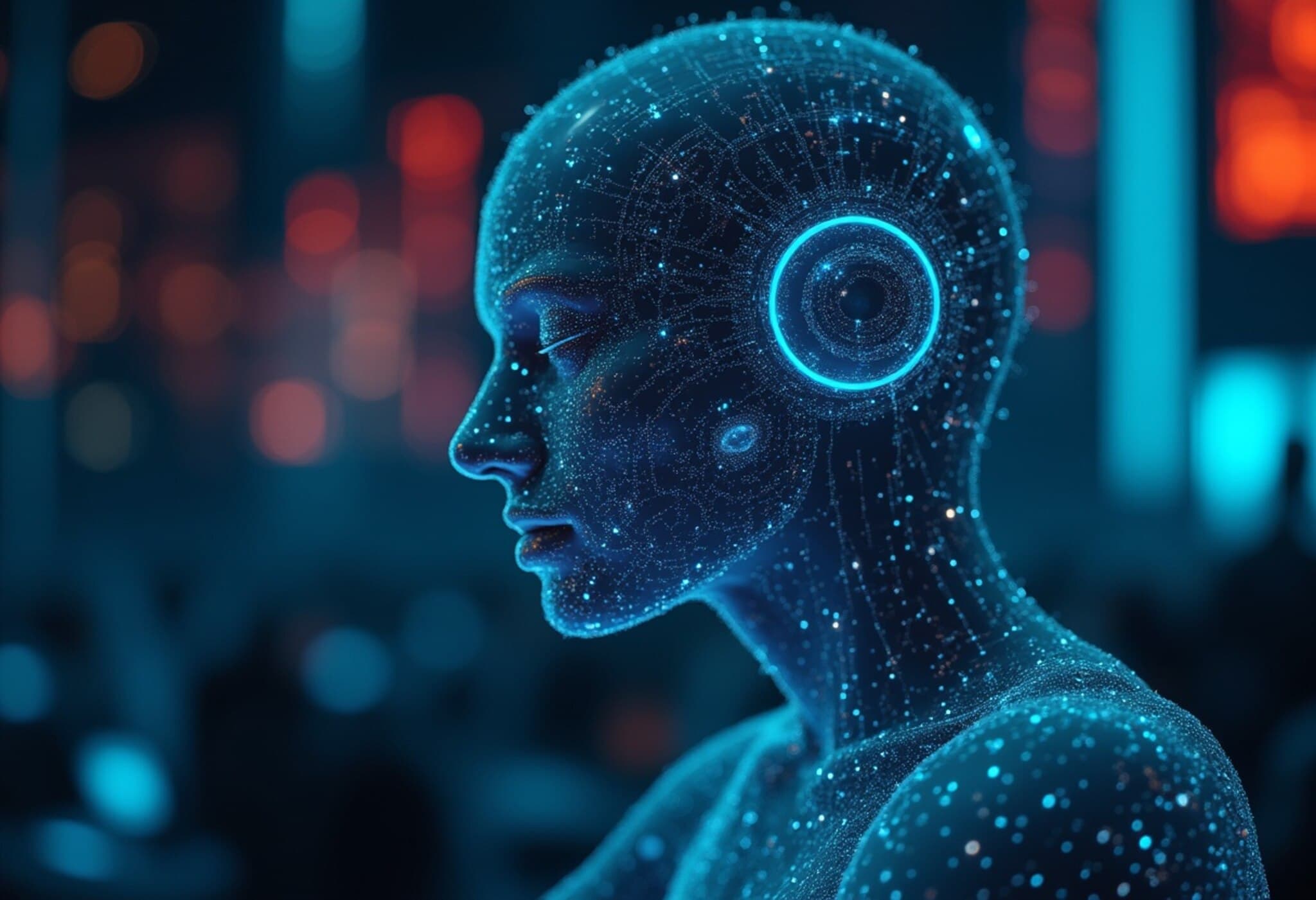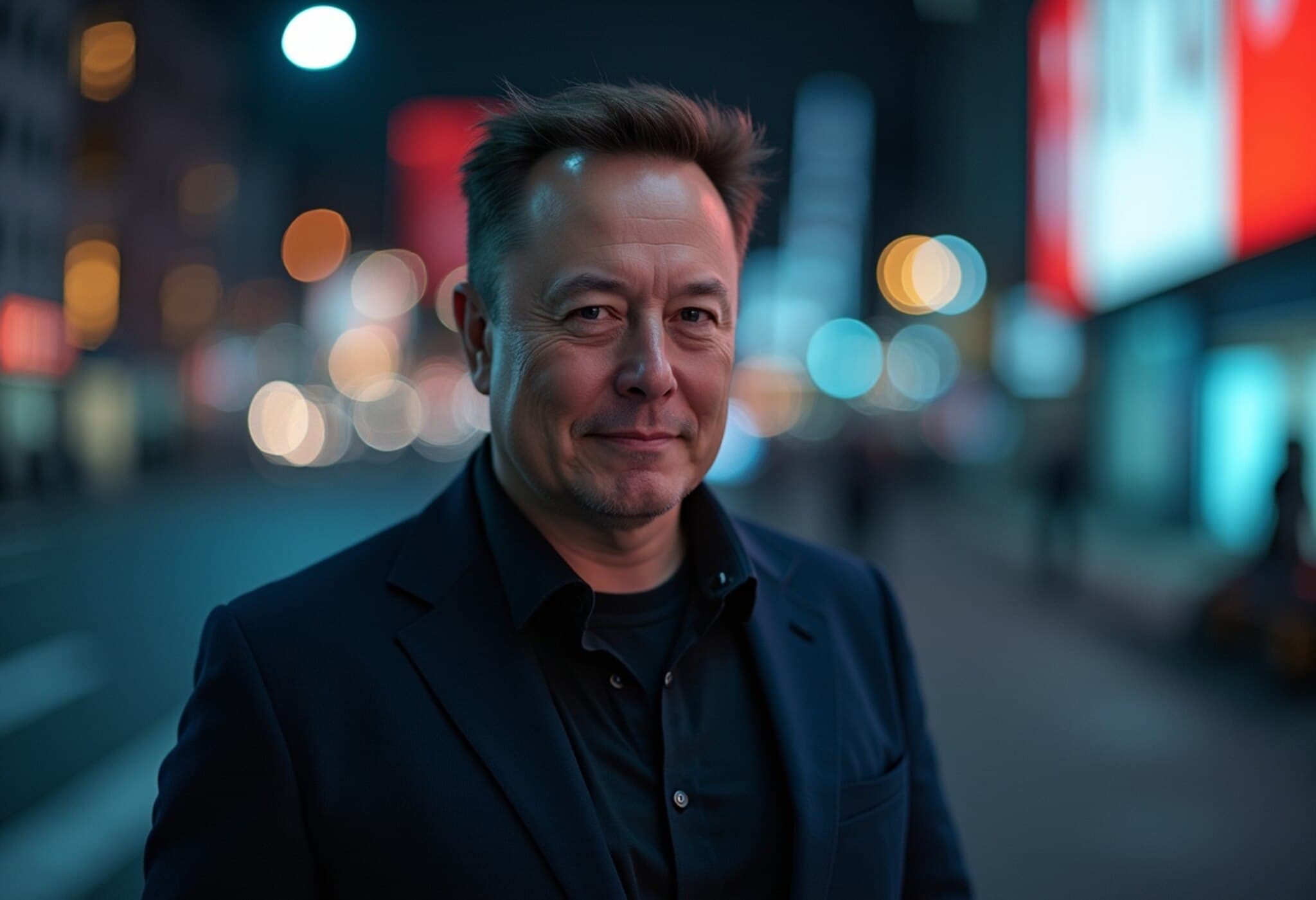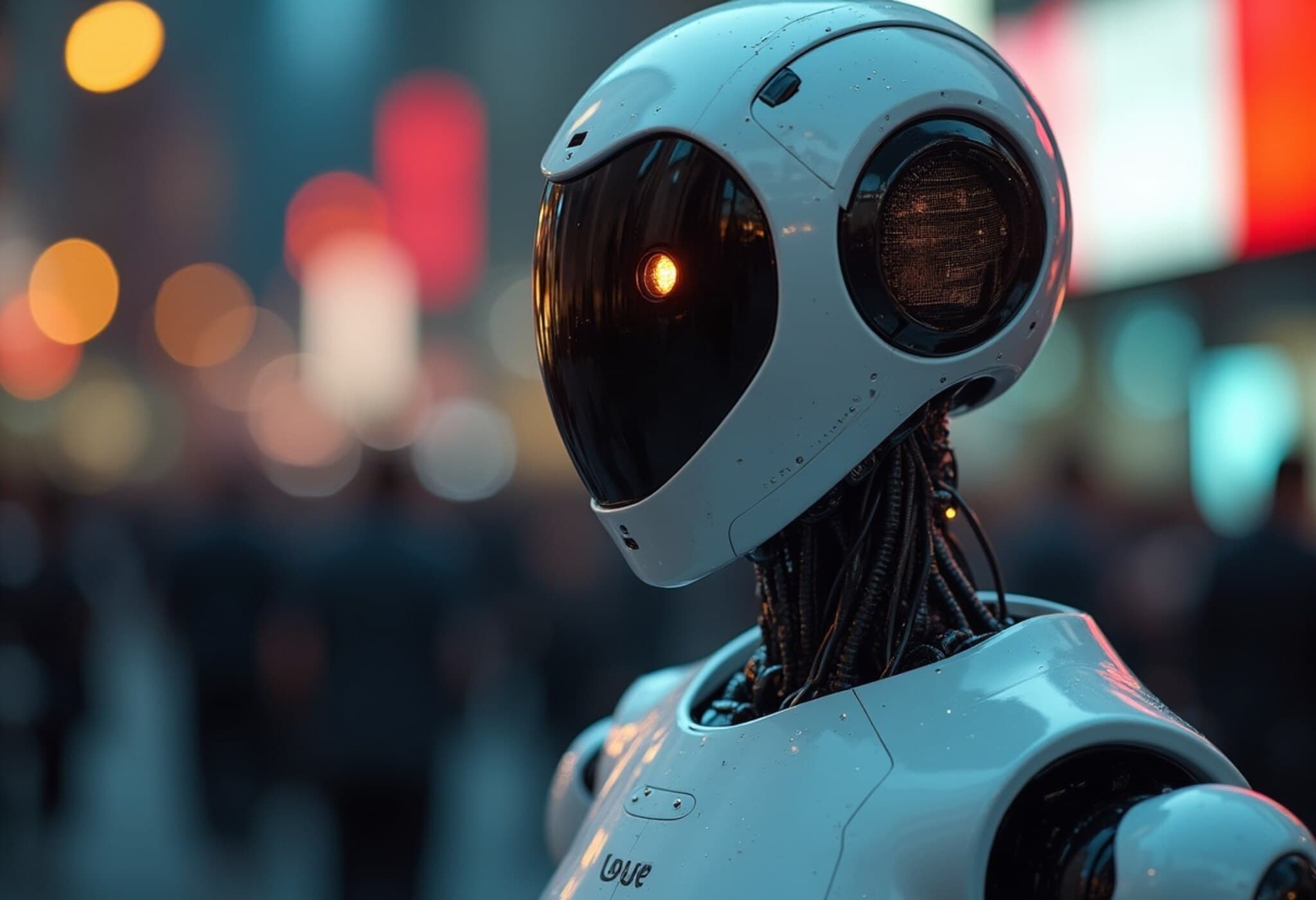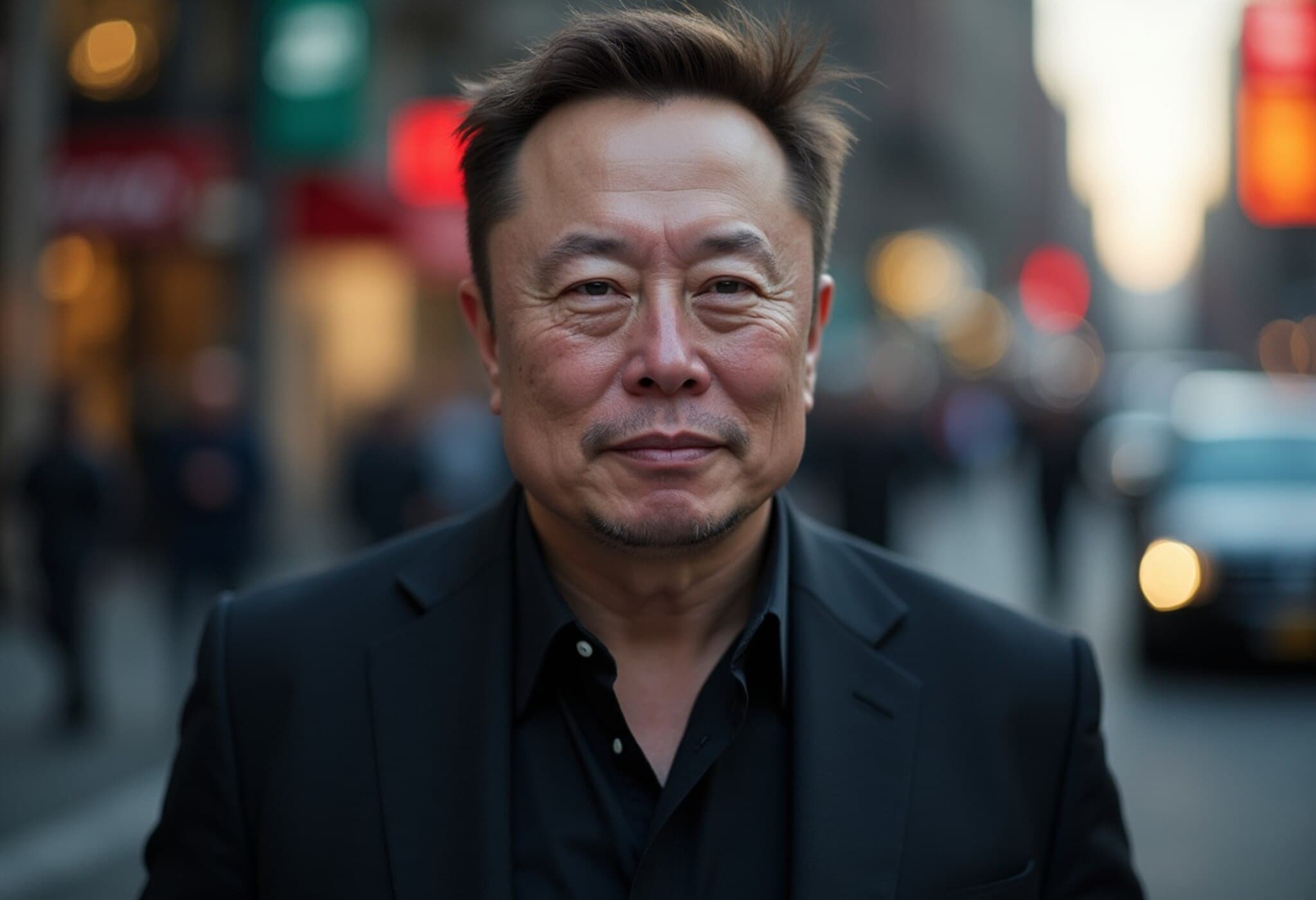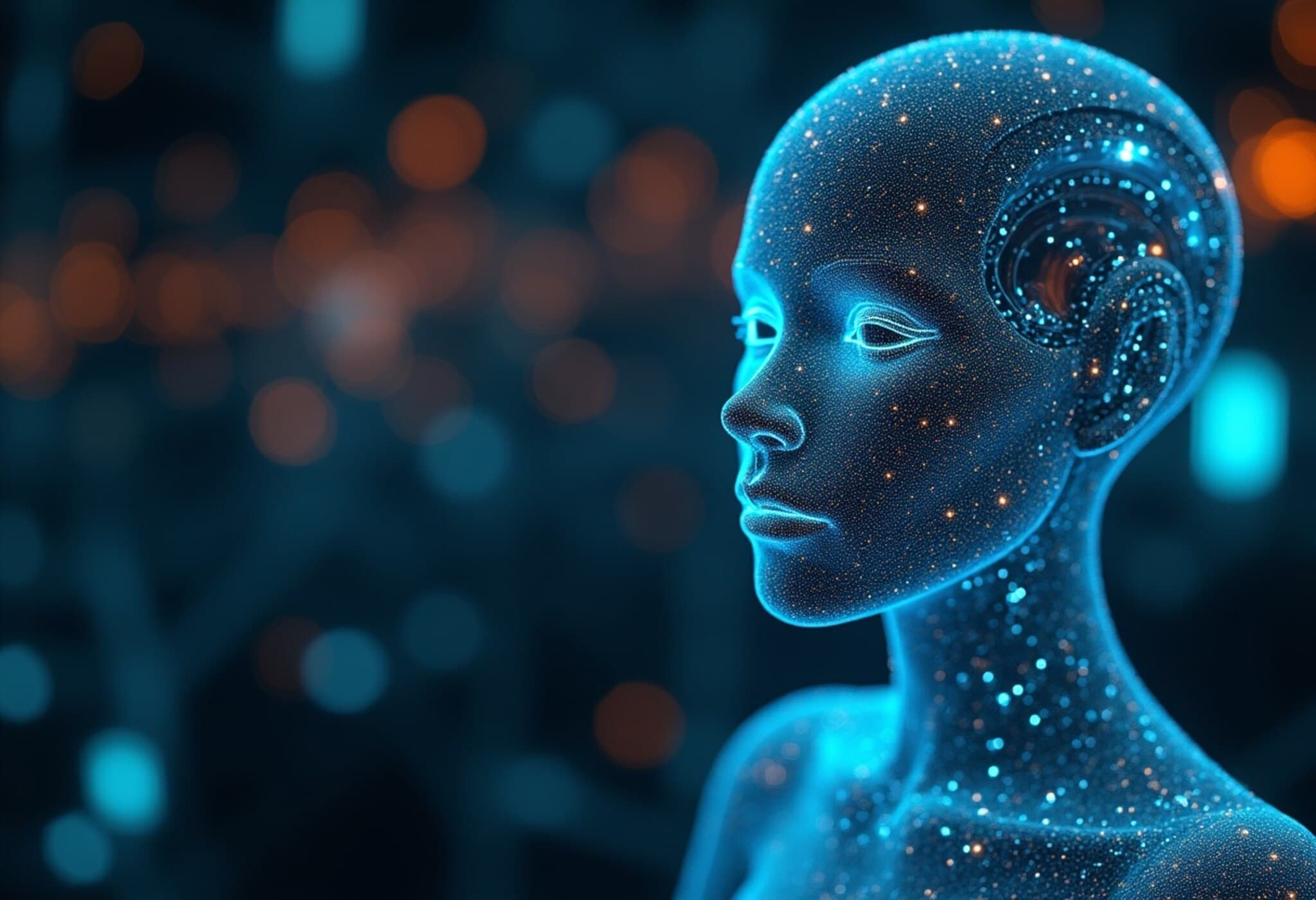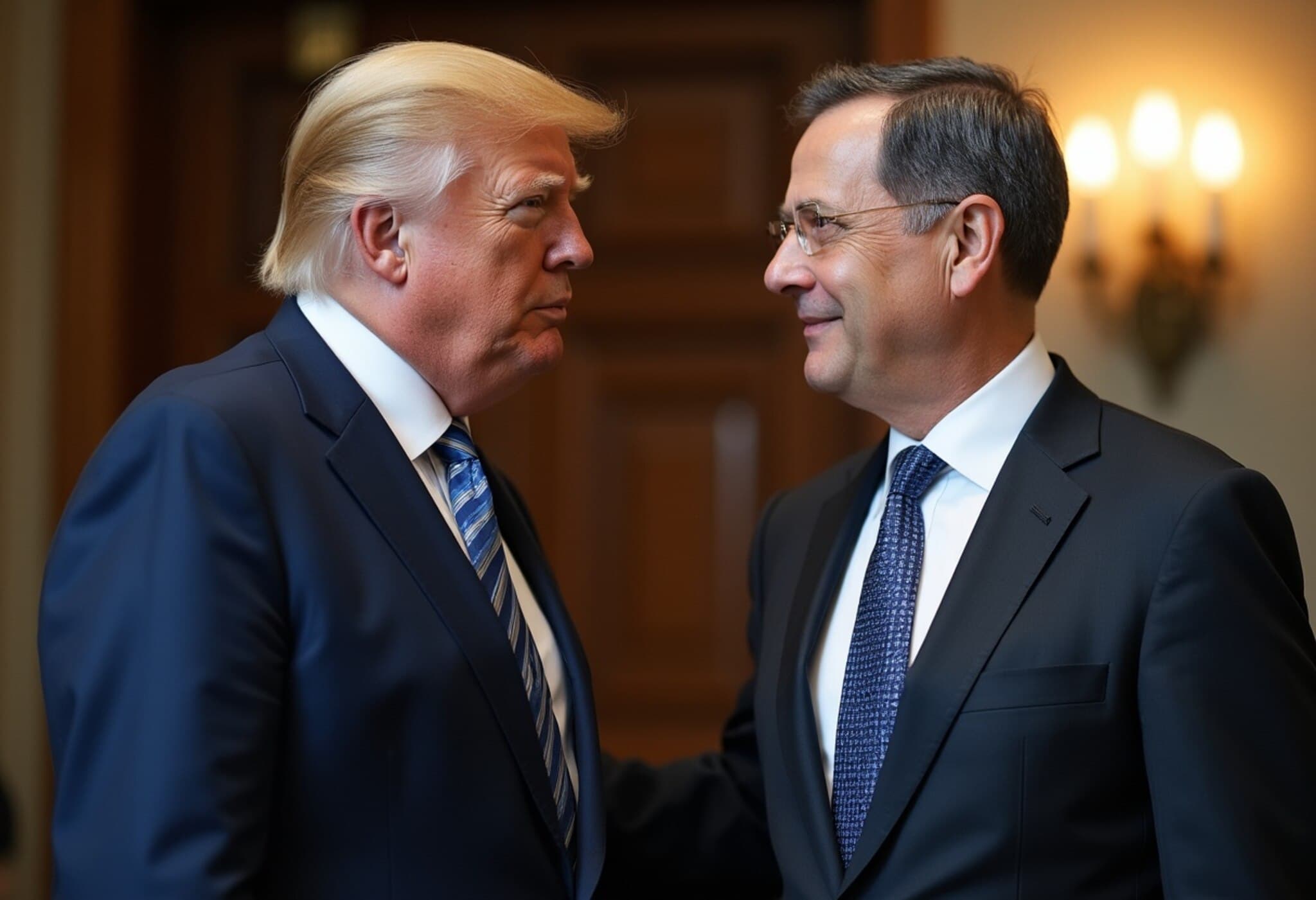Elon Musk Escalates AI Rivalry by Targeting Apple Over App Store Allegations
The ongoing legal and public battle between Elon Musk and Sam Altman has taken a new and surprising twist. Musk recently threatened to sue tech giant Apple, accusing the iPhone maker of engaging in antitrust violations regarding the prominence of AI chatbots in its App Store.
Background: Musk vs. Altman — From Partners to Adversaries
Musk and Altman were once collaborators, co-founding the ambitious artificial intelligence company OpenAI in 2015. However, their vision diverged dramatically, culminating in Musk’s departure from OpenAI’s board in 2018 and a lawsuit filed last year alleging breach of contract. Musk accused Altman of steering OpenAI away from its foundational promise to develop AI "for the benefit of humanity broadly."
The New Front: Musk Targets Apple Over AI App Store Rankings
On August 12, Musk took his dispute public again via social media platform X (previously Twitter), announcing potential immediate legal action against Apple. His grievance centers on Apple’s apparent favoritism of ChatGPT, the AI chatbot developed by OpenAI, over Musk’s own AI chatbot, Grok, in the App Store rankings.
"Apple is behaving in a manner that makes it impossible for any AI company besides OpenAI to reach #1 in the App Store, which is an unequivocal antitrust violation," Musk stated, although he did not provide concrete evidence to back his claim.
Apple had entered into a strategic partnership with OpenAI in mid-2024, integrating ChatGPT with native Apple devices like the iPhone, iPad, and Mac products—a move Musk sees as preferential treatment undermining competition.
Altman’s Rebuttal: Turning the Tables
Sam Altman responded swiftly and sharply, accusing Musk of manipulating X’s algorithms to favor his own ventures and disfavor others. Altman referenced investigative reports documenting changes Musk allegedly made after acquiring Twitter, now rebranded as X, which impacted content visibility and rankings.
In a striking offer, Altman challenged Musk to sign an affidavit denying any manipulations of the platform's algorithms that have hurt competitors or helped his companies, promising a personal apology if Musk complied. This exchange highlights the layers of mistrust and the complex intersection of social media control and AI competition.
Expert Insight: The High Stakes of AI Dominance and Platform Power
This dispute is emblematic of broader tensions in the tech industry where AI innovation, platform gatekeeping, and regulatory scrutiny intersect. Apple’s App Store policies have long been controversial, with regulators and opponents criticizing its tight control and high fees. Musk’s antitrust claim taps directly into these concerns.
Moreover, Musk’s aggressive stance and threats of litigation could signal an attempt to unsettle competitors and assert his growing ambitions in the AI space following significant investments into xAI, his own AI venture merged with his social platform, X.
However, Musk’s own Grok chatbot has faced public criticism due to safety lapses and offensive content, raising questions about whether his legal claims mask broader competitive weaknesses.
Recent Developments in the Musk-Altman AI Saga
- Musk’s legal suit in 2024 aimed to prevent OpenAI’s transition from a nonprofit to a fully for-profit entity, a motion denied by a federal judge.
- OpenAI is preparing for a massive stock sale that may value the company around $500 billion, spotlighting the lucrative AI market Musk also aims to tap.
- Musk’s group offered to acquire OpenAI for nearly $100 billion, a proposal refused by Altman, who countered with his own bid to buy Twitter.
- Despite Musk’s criticism, OpenAI’s ChatGPT remains the top free AI app in the App Store, while Grok ranks fifth.
- Musk publicly lamented Apple's exclusion of X and Grok from the App Store's “Must-Have Apps” list, highlighting tension over perceived political and business favoritism.
The Bigger Picture: Platform Power and AI Competition in 2025
This feud underscores how AI innovation now hinges not only on technological prowess but also on control over key distribution channels like Apple’s App Store and social media algorithms. Regulatory bodies worldwide are increasingly scrutinizing such platforms due to antitrust concerns, especially as they may shape the future of AI accessibility and development.
For consumers and businesses alike, the outcome of this conflict could influence which AI technologies gain widespread adoption—and who holds the keys to digital marketplaces.
Editor’s Note
Elon Musk’s challenge to Apple’s App Store policies raises critical questions about fairness in tech ecosystems, the potential abuse of platform power, and the true implications of AI dominance battles. As Musk and Altman spar publicly, stakeholders must watch for how legal battles could redefine AI competition and platform regulation. Will judicial scrutiny of alleged antitrust violations usher in more equitable digital marketplaces? And how might this fight shape the pace and direction of AI innovation? These are questions with profound impacts not only on tech giants but on the broader public.

